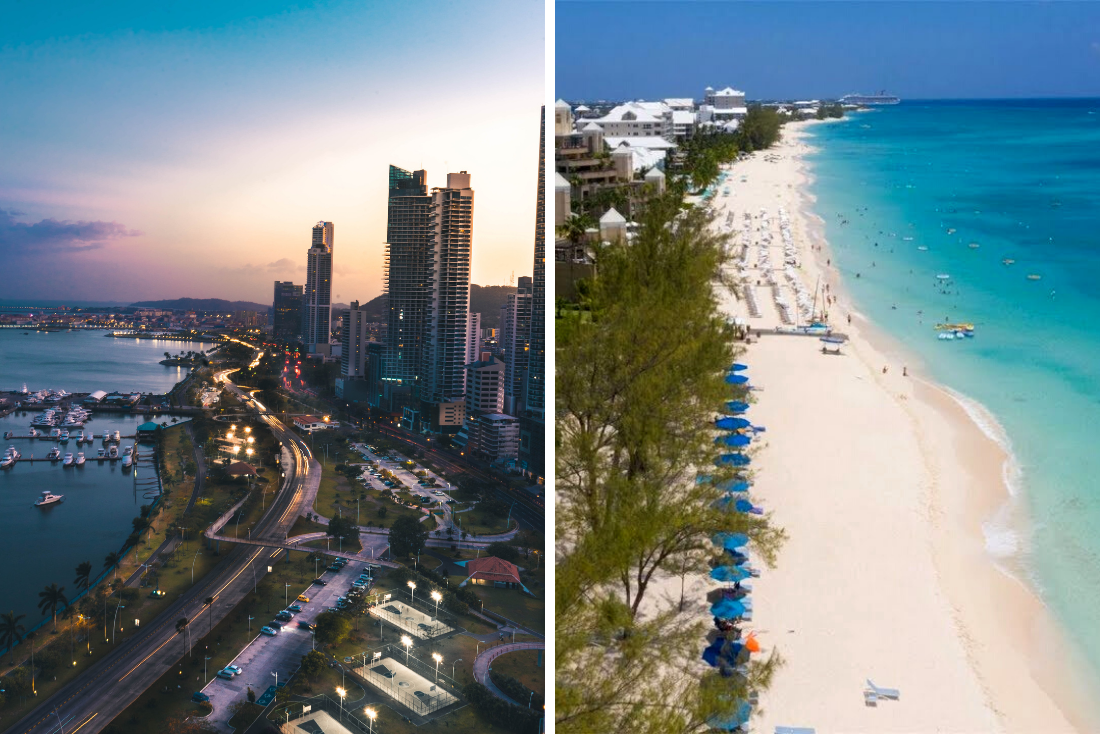
Choosing the right jurisdiction for your innovative business can be a difficult decision. With plenty of prime locations and various complex regulatory and tax requirements to sift through, the decision can feel overwhelming. In this article, we’ll compare two attractive destinations: the Cayman Islands and Panama.
The Cayman Islands’ free zones make for an excellent choice, as recently recognized by fDi Magazine’s Global Free Zones of the Year awards. Winning five awards and placing 5th globally overall, Cayman’s free zones offered by Cayman Enterprise City are and enticing option.
But it takes more than awards to win your investment or business interest, and Cayman isn’t the only choice. Let’s take a close look at the differences between Cayman and Panama, what makes the Cayman Islands the best place for your business, and why it is considered a better option compared to other tax-friendly locations like Panama.
Cayman is rooted in UK law but has US opportunities
Established in 2012, Cayman Enterprise City (CEC) and its free economic zones attract more and more innovative and knowledge-based businesses thanks to the ease of setup for their offshore operations. CEC enables businesses to easily establish a genuine physical presence in one of the most stable and transparent offshore jurisdictions in the world. As a British Overseas Territory, it’s a stable country both politically and economically, thanks to a legal system rooted in English Common Law. Being merely an hour away from the US by plane, and in close time zones, means businesses get the best of both worlds in Cayman - US opportunities, with the stability and protections afforded by UK laws.
It’s also interesting to note the Cayman Islands’ freedom economic index – which is a global scale that ranks countries in 5 areas including size of government, international trade freedom, regulation or business, credit, and labour, as well as legal structure and access to money - ranks at number 30. Panama is further down at 55 – a substantial margin. Cayman ranks as a safe, highly developed metropolitan area that’s appealing not only for conducting business but living as well.
Issues with Panama's regulatory standards
In Panama, a main issue continues to be the lack of regulatory standards and compliance with tax and regulatory bodies of other countries. Secrecy and corruption have been in debate since the Panama Papers leak. For Panama, many businesses are reduced to private wealth and high net worth individual funds that are often linked to illegal activities and corruption.
Cayman, however, abides by the British laws and taxation rules, being part of the British Virgin Islands territories, and is adamant to stay on the right side of the law by adhering to international standards of tax transparency and information exchange – something that is somewhat problematic with Panama. Cayman was also recently removed from the EU’s list of non-cooperative tax jurisdictions. In a statement from early October, the European Commission said the Cayman Islands had “delivered on their pending commitments to remove a harmful tax regime and increase tax transparency respectively.” Panama, meanwhile, continues to be listed, along with the likes of Vanuatu and Anguilla, for its continuing encouragement of abusive tax practices that perpetuate tax fraud, tax evasion and money laundering.
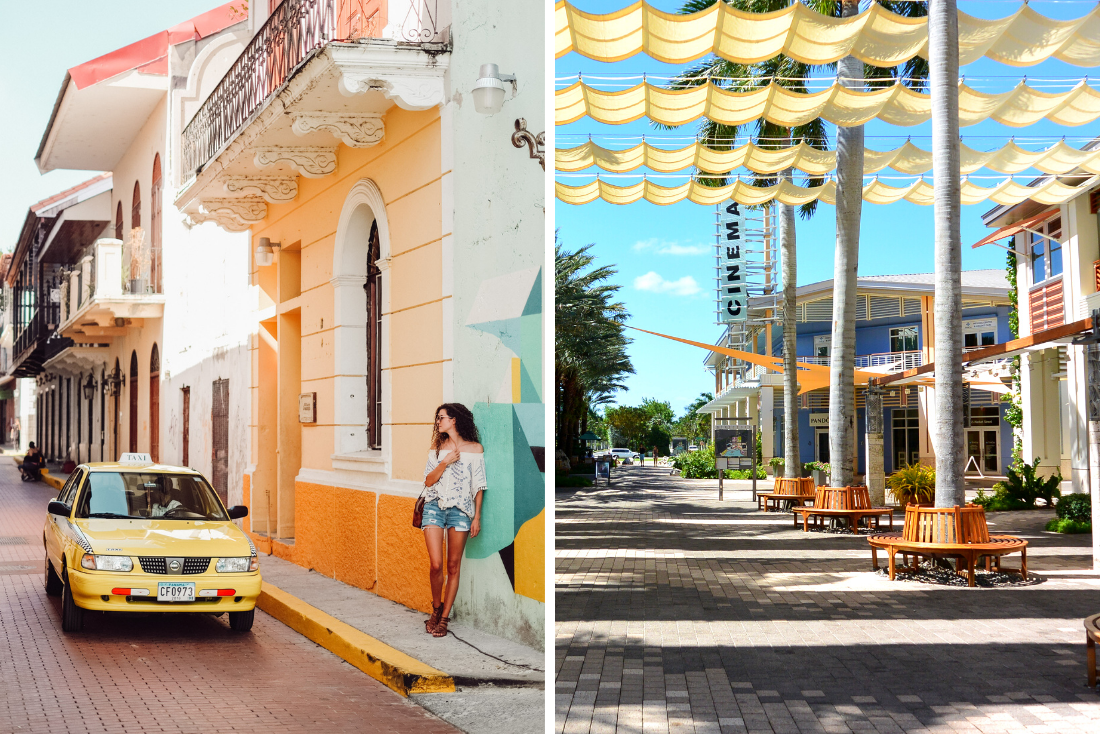
Higher living standard in Cayman (but higher cost of living too)
When it comes to standard of living, the Cayman Islands ranks at the very top. In fact, it has the highest standard of living in the Caribbean thanks to the bustling business sector and well-established financial industry in the area. The infrastructure is well-developed, with excellent health and education systems, and no limitations when it comes to land ownership. Pair this with the consistent temperatures year-round and pristine sandy beaches, and Cayman makes for a dream lifestyle location for many.
But this, of course, costs more, particularly when compared with Panama, by 124%. But, the most drastic difference when it comes to lifestyle is in salary comparisons, with the average Cayman resident earning around 8x per its Panama counterpart. The GDP per capita of the two countries offers further insight, with the Cayman Islands’ GDP per capita at $81,124, whilst Panama’s is only $15,575. This indicates that the Cayman Islands enjoy a higher standard of living across all sectors despite the higher cost of living.
A safer place for your business
With a higher standard of living comes a much safer location as well. The Cayman Islands’ government has the resources and infrastructure to enforce local laws which has led to continued drops in crime rates since 2017.
The Cayman Islands are now often cited as one of the safest places in the Caribbean and have exceptionally low crime rates according to the 2019 Crime and Safety report. Panama still records high crime rates and gang related crimes in low-income areas which include violent crimes like shootings, and armed robberies.
Tax freedom can only truly be achieved in Cayman
While often cited as a tax-friendly location, Panama is not truly tax-free like Cayman. Panama residents are responsible for a 25% personal income tax rate and a corporate tax rate of 25%, even if you’re a foreign business. The sole way to truly avoid tax in Panama is to only conduct offshore activities.
In the Cayman Islands, however, your business can enjoy true tax freedom, as there are no corporate or direct taxes on residents including no income, property, or capital gain taxes. It’s a fully tax-neutral territory that welcomes and accepts new businesses from all industries.
Direct investments thrive in the Cayman Islands
Not only is CEC and the Cayman Islands a bustling economy due to so many entrepreneurs finding their footing, but the diversity of businesses attract a high amount of foreign direct investment (FDI).
The total FDI stock in 2019 was $515 billion, which makes the Cayman Islands and CEC the busiest offshore financial centre in the world and as many of these investments went into financial services it’s also the 8th largest global banking centre.
CEC now offers incentives to those who wish to invest and set up local industries. Coupled with a solid legal framework, well-developed financial and banking industry, and access to professional service providers, all these make the Cayman Islands the superior choice over Panama.
If you want to learn more about business opportunities, or the lifestyle in Cayman, get in touch with us today. With over 300 businesses located in our Cayman Enterprise City free zone, you’ll become part of our diverse community that you can get in touch with as we help consult with you on your needs.


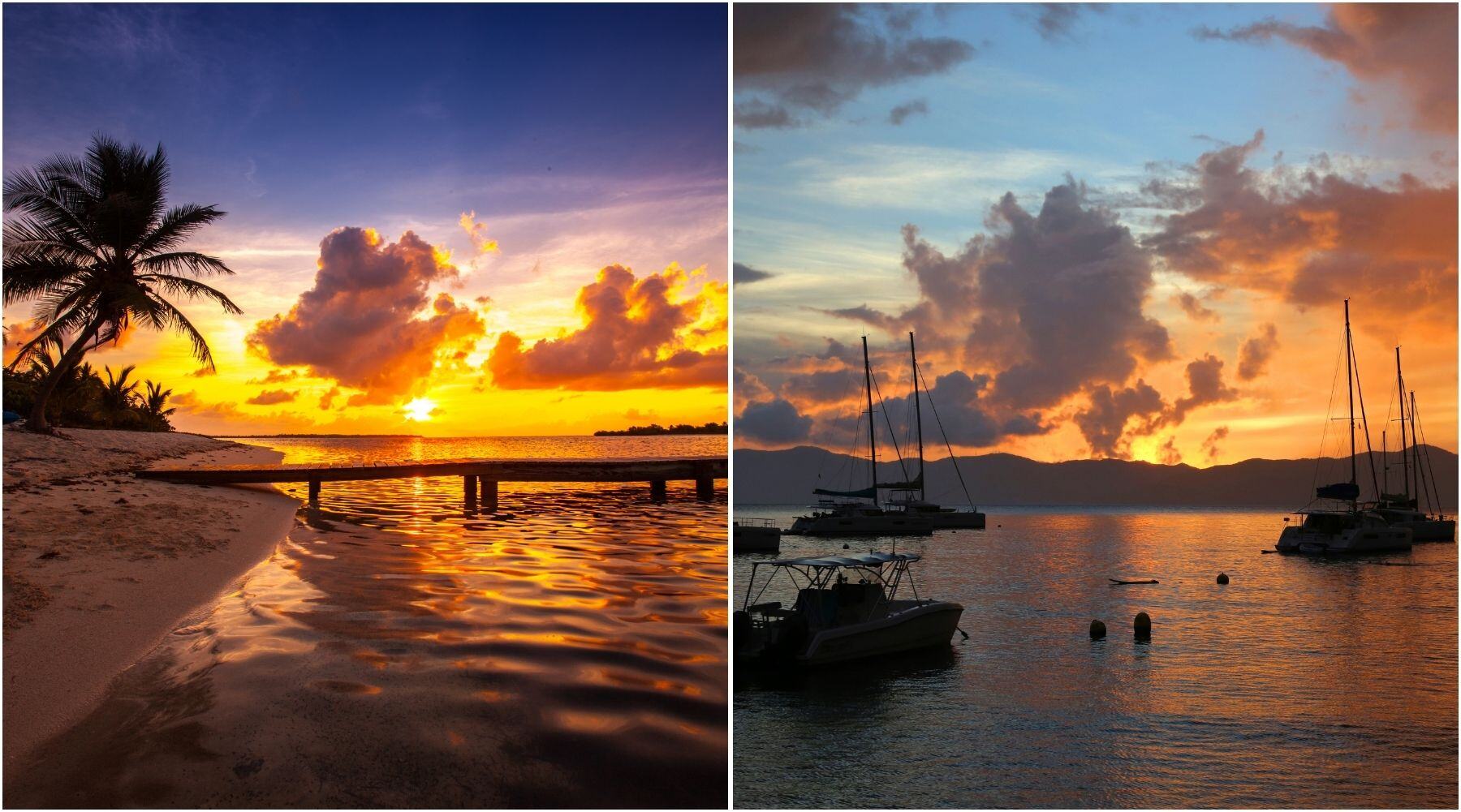
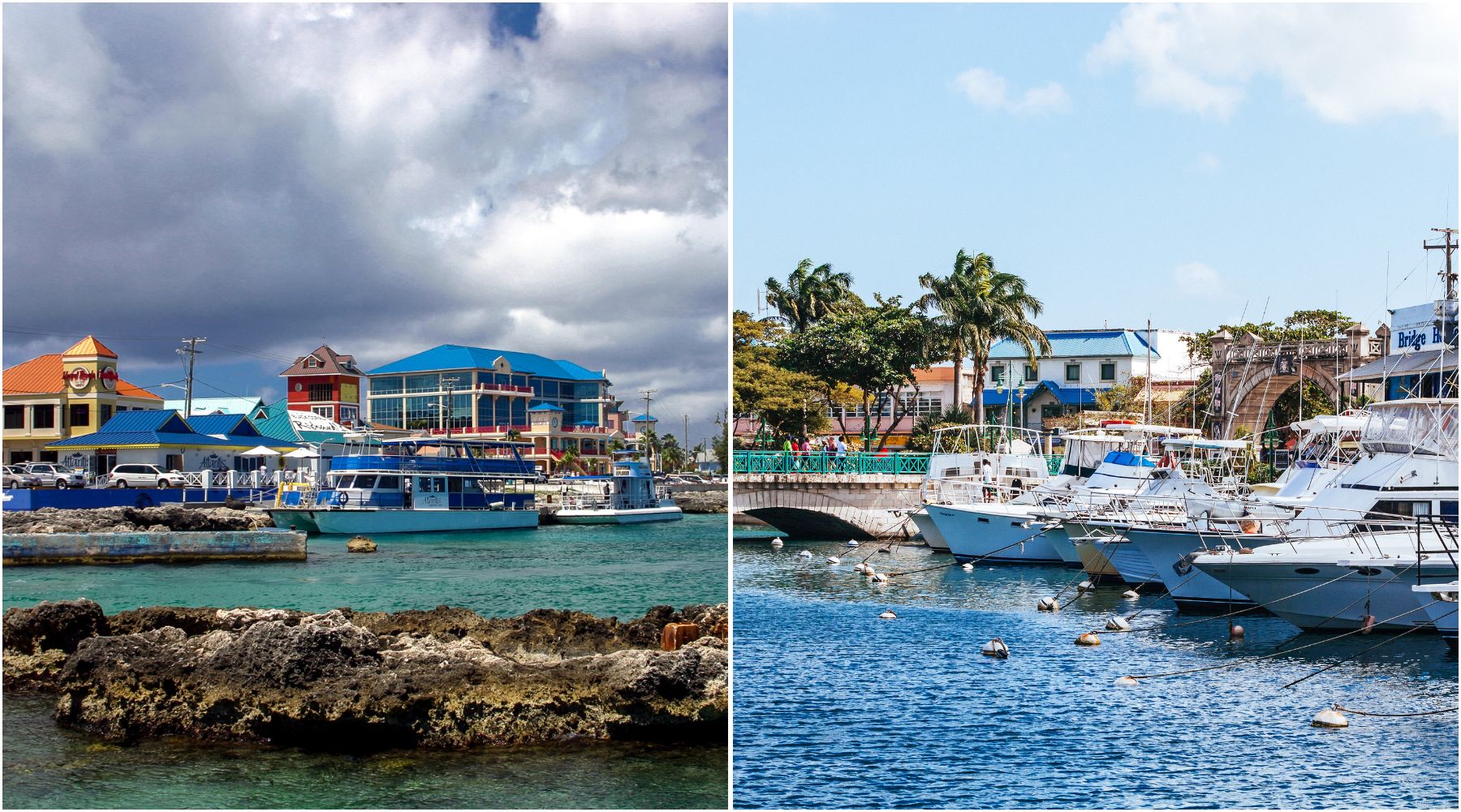
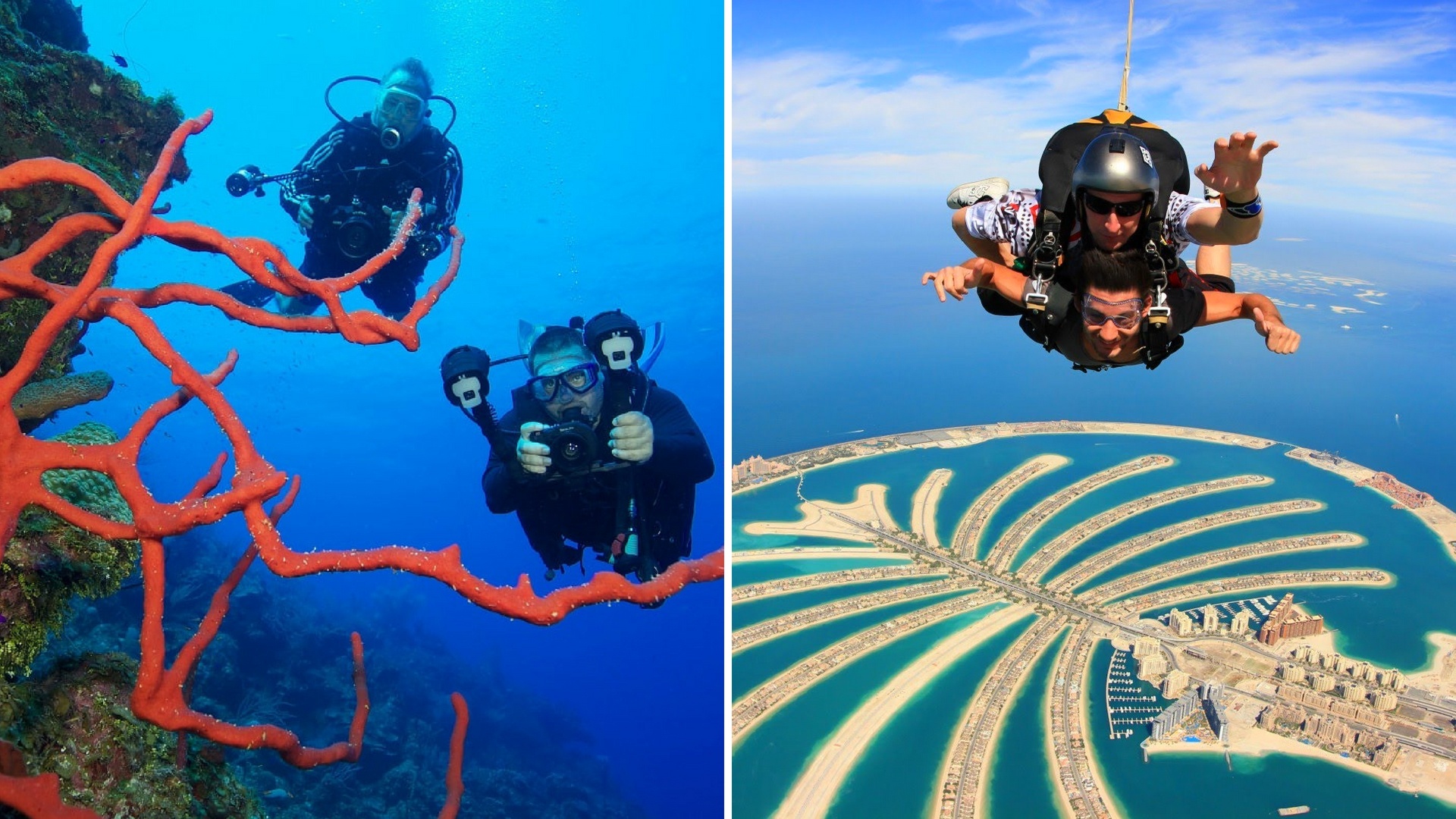
.jpg)
